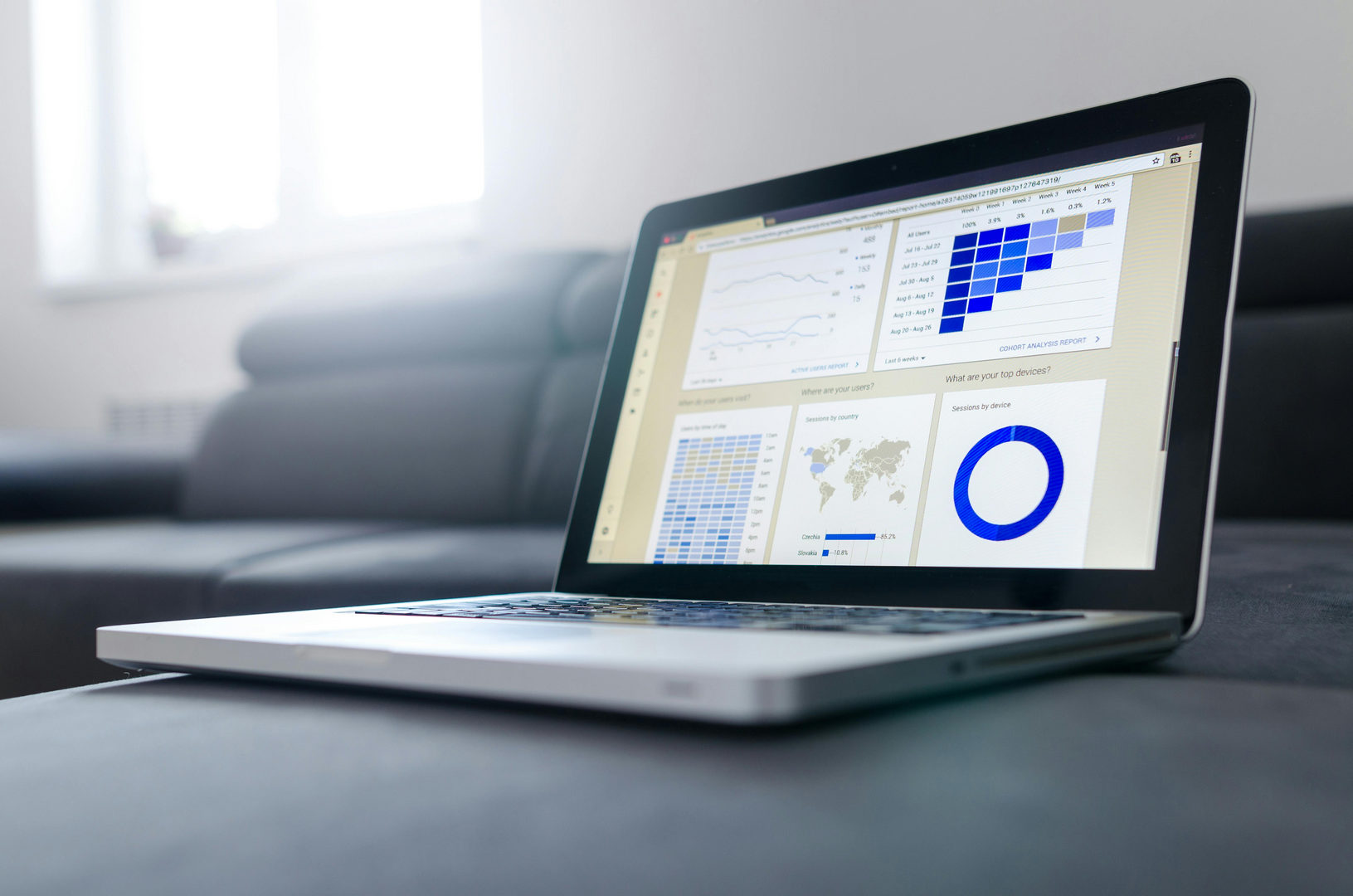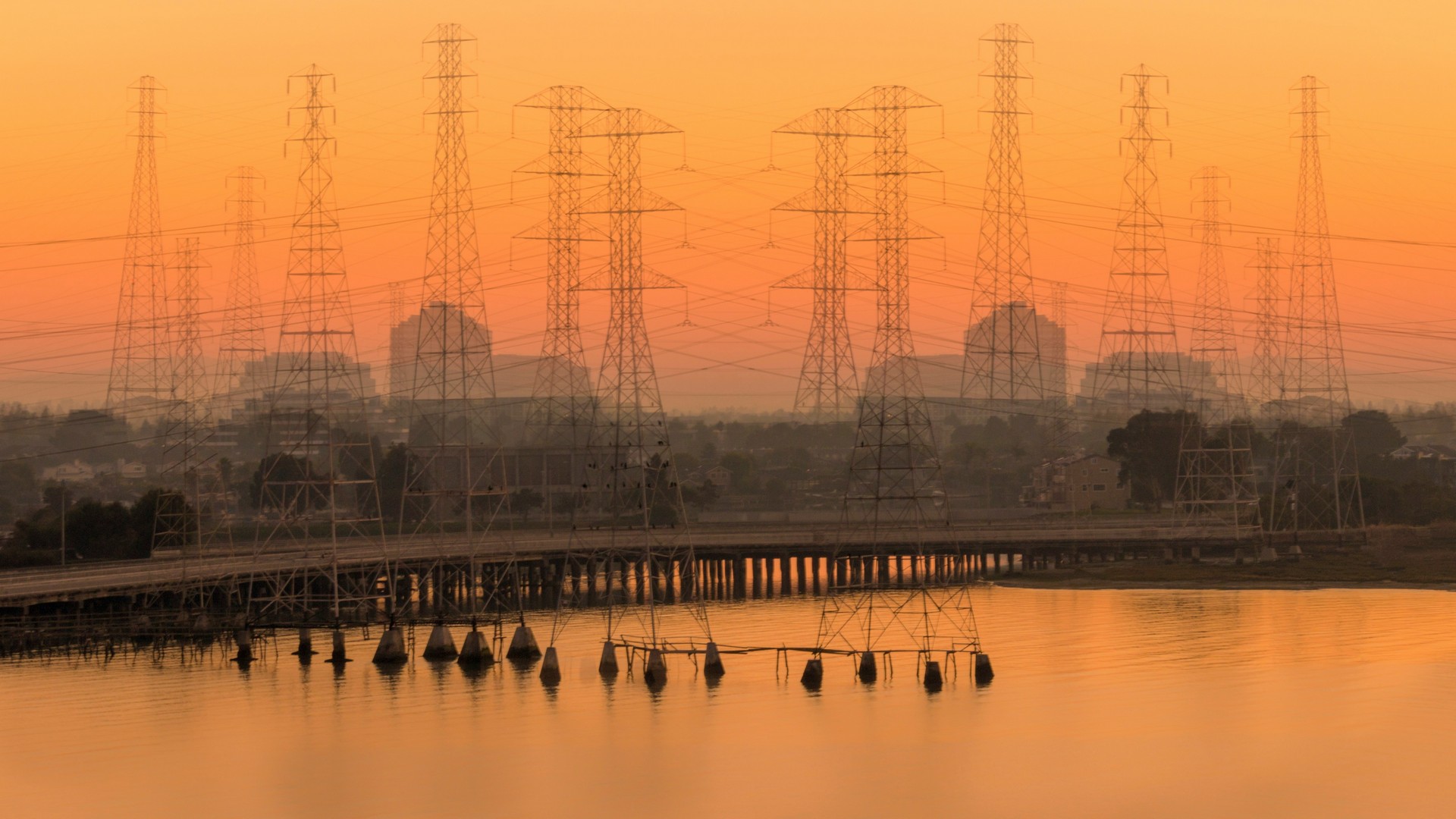Shaping Tomorrow with Today’s Data-Driven Knowledge
Insights from Global Data for a Better, Brighter Future
Uncover global data and trends that inspire progress, drive smarter decisions, and open doors to a more equitable and sustainable world.
We deliver objective insights and analytics to elevate global living standards, without increasing taxes or accumulating debt. A critical driver in life is the foundation we leave for future generations to prosper while being mindful of the well-being of current generations.
Scott Cussimano
CEO & Founder

Own the Data. Change the World.
Uncover What’s Hidden in the Data
Explore our dynamic dashboards to uncover in-depth insights on global issues like healthcare, education, and climate change. These interactive tools let you visualize trends, compare data across regions, and identify key opportunities for positive change.
DashboardsDashboards
We consistently publish fresh, data-driven dashboards on key socioeconomic issues, sourced from objective perspectives and enhanced by AI to ensure unbiased analysis.
Education & Society
Our education dashboards provide insights into global performance, comparing factors like years of schooling and higher education costs to highlight how investment in education drives social and economic progress.
Energy & Environment
Explore charts on carbon emissions, renewable energy adoption, and ocean health, highlighting the urgent need for effective climate policies and a shift to renewable energy to tackle climate change.
Healthcare & Well-being
Our healthcare dashboards analyze performance, costs, and outcomes, revealing areas for reform and emphasizing the need for more efficient, accessible healthcare systems.
Living Standards
Explore metrics on happiness, work-life balance, and infrastructure quality, showing how Nordic countries’ social policies contribute to a high quality of life.
Our Impact in Action
Our analysis identified over $2 trillion in potential long-term annual savings within just the United States healthcare system alone through process optimization and technology integration. These savings could be redirected to:
Expanding preventative care programs reaching millions of additional citizens
Funding educational grants for the majority of students in underserved communities
Investing in renewable energy infrastructure and implementing other solutions that could significantly reduce both our carbon and methane output
Developing thoughtful programs to deliver affordable nutritious foods, the reduction of food waste, and systems to enhance family planning and childcare
+
AI Prompts Weekly
Real-time data monitoring to understand complex trends.
+
Dashboards Biweekly
Each designed to provide unbiased information to support informed decision-making.
Interact with various metrics to understand global trends better
Political Operations
Many raise concerns about government inefficiencies but offer few solutions. With recent tech innovations, we see many opportunities. We’ve published examples, with the debt ceiling debate being a prime focus—one of the most significant policy failures in US politics.

Bill Passage Rates
The passage rates of bills reflect the efficiency and effectiveness of the legislative process. By examining these rates, we can identify opportunities for improving legislative procedures and ensuring that critical issues are addressed in a timely manner.
Congressional Summaries (AI-driven)
AI technology holds promise for making congressional bills more comprehensible to the public. By summarizing intricate legislative documents, we can foster greater transparency and encourage informed citizen participation in the political process.
Government Oversight
Governing the US effectively requires addressing operational inefficiencies and exploring innovative solutions. By analyzing current governance practices, we can identify areas for reform and work towards a more effective and responsive government.
Understanding Political Dynamics for Better Governance
Sentiment Analysis
Sentiment analysis provides a window into the political landscape, revealing how elected officials interact and collaborate. By examining these interactions, we can better understand political motivations and the effectiveness of policy debates.

In-Depth Insights and Reliable Data Sources
Comprehensive Resources
Our resources section offers extensive information on various topics, including healthy foods and OECD countries. By leveraging these resources, you can gain a deeper understanding of global trends and make more informed decisions.





